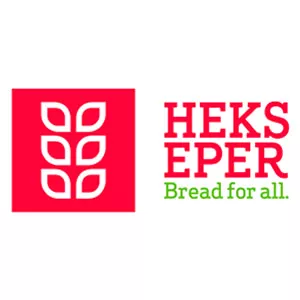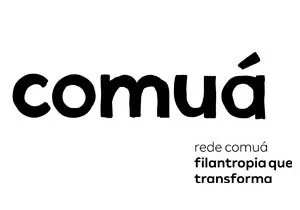Northeast Youth Defend Socio-Environmental and Climate Justice
19 de August de 2025
In a virtual dialogue held on August 8, 2025, CESE—supported by DKA Austria and Brot fur Die Welt—brought together young voices from the Northeast region of Brazil to confront overlapping social and environmental crises. Moderators from diverse backgrounds, including artisanal fisheries (Bahia), indigenous organizations (Northeast, Minas Gerais, and Espírito Santo), and urban activism (Ceará), led the conversation. Participants raised pressing concerns around environmental racism, the impacts of climate change on cultural traditions and livelihoods, and the harmful effects of public policies and urban projects—such as the light rail transit in Fortaleza—which have displaced communities and eroded access to natural spaces and communal memory. Highlighting the inequalities faced by young people, one speaker noted how disproportionate heat exposure underscores the absence of even basic amenities like a backyard, revealing how systemic violence is embedded in urban design.
A young indigenous representative emphasized that the climate crisis extends far beyond environmental degradation—it profoundly disrupts cultural and spiritual life. He illustrated this by explaining how rituals like the imbu fruit race, which marks important seasonal and communal transitions, are threatened by ecological upheaval and a loss of ancestral practices.
SEE WHAT THEY SAY ABOUT US
Over these 50 years, we have received the gift of CESE’s presence in our communities. We are witness to how much companionship and solidarity it has invested in our territories. And this has been essential for us to carry on the struggle and defence of our people.
In the name of historical and structural racism, many people look at us, black women, and think that we aren’t competent, intelligent, committed or have no identity. Our experience with CESE is different. We are a diverse group of black women. We are in varied places and have varied stories! It’s important to know this and to believe in us. Thank you CESE, for believing in us. For seeing our plurality and investing in us.
You have to praise CESE’s capacity to find answers so as to extend support to projects from traditional peoples and communities, from family farming, from women; its recognition of the multiple meanings of the right to land, to water and to territory; the importance of citizenship and democracy, including environmental racism and the right to identity in diversity in its discussion agenda, and its support for the struggles and assertion of the values of solidarity and difference.
CESE was set up during the most violent year of the Military Dictatorship, when torture had been institutionalized, when arbitrary imprisonment, killings and the disappearance of political prisoners had intensified. The churches had the courage to come together and create an institution that could be a living witness of the Christian faith in the service of the Brazilian people. I’m so happy that CESE has reached its 50th anniversary, improving as it matures.
When we hear talk of the struggles of the peoples of the waters, of the forests, of the semi-arid region, of the city peripheries and of the most varied organizations, we see and hear that CESE is there, at their side, without replacing the subjects of the struggle. Supporting, creating the conditions so that they can follow their own path. It is this spirit that we, at ASA, want you to maintain. We wish you long life in this work to support transformation.
I am a macumba devotee, but I love being with partners whose thinking is different from ours and who respect our form of organization. CESE is one such partner: it helps to build bridges, which are so necessary to ensure that freedom, diversity, respect and solidarity can flow. These 50 years have involved a lot of struggles and the construction of a new world.




















